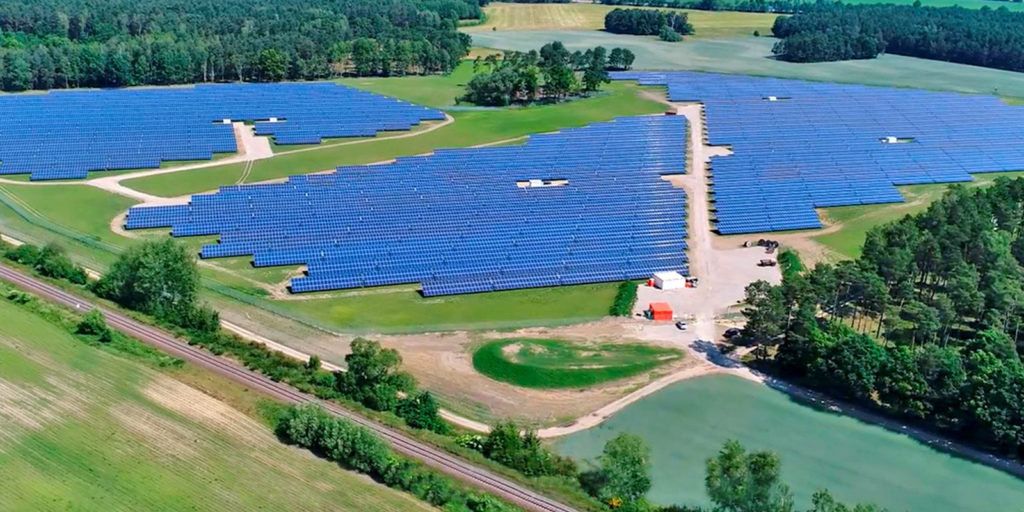It took almost one month, but the Federal Network Agency (Bundesnetzagentur) has published the results for its first special tender for PV projects above 750 kW in size. The grid regulator says 121 projects with a combined capacity of 505.1 MW were awarded in the round, with final prices ranging from a minimum of €0.039/kW to a maximum of €0.084/kWh. The ceiling price for the tender had been set at €0.089/kWh. For comparison, in the agency's most recent regular PV tenders in February, final prices ranged from €0.041/kW to €0.051/kW — but the final price of the first special tender, €0.065/kW, was well above that level.
The Bonn-based authority received 163 bids for 870 MW of capacity in the round, which also shows that it was oversubscribed. However, the Federal Network Agency had to exclude 17 bids for 192 MW due to formal errors. According to information available to pv magazine, most of the rejected bids likely came from a very large bidder, but the Federal Network Agency has declined to comment on the matter.
One company that has received a large number of projects in recent rounds, Enerparc, is missing from the list of successful bidders. But even companies such as IBC Solar, Eon and BayWa re, which have been successful in previous rounds, were not included among the winning bidders. At least seven contracts were secured by Wattner.
April 1 is the deadline for the first cross-technology tender for PV and onshore wind power this year. The volume is around 200 MW, and bidders who were not selected in the special tender can also take part in it. Last year, all supplements to PV projects went into the two auction rounds.
“There are currently seemingly sufficient solar projects in place to retrieve the additional tendering quantities introduced by the Energy Sources Act and to ensure a competitive process,” says Jochen Homann, president of the Federal Network Agency.
Meanwhile, the German Solar Industry Association (BSW-Solar) has demanded a review of the surface restrictions that were embedded in the tender. “The solar industry has virtually adjusted to the larger volume of new construction and is ready to assume a much greater responsibility for the energy transition,” said Carsten Körnig, managing director of BSW-Solar.
The association also assumes that competition will continue to increase in future auction rounds. However, land restrictions add unnecessary costs for PV. “The current location restrictions are a corset and no longer up to date,” says Körnig.
This content is protected by copyright and may not be reused. If you want to cooperate with us and would like to reuse some of our content, please contact: editors@pv-magazine.com.




By submitting this form you agree to pv magazine using your data for the purposes of publishing your comment.
Your personal data will only be disclosed or otherwise transmitted to third parties for the purposes of spam filtering or if this is necessary for technical maintenance of the website. Any other transfer to third parties will not take place unless this is justified on the basis of applicable data protection regulations or if pv magazine is legally obliged to do so.
You may revoke this consent at any time with effect for the future, in which case your personal data will be deleted immediately. Otherwise, your data will be deleted if pv magazine has processed your request or the purpose of data storage is fulfilled.
Further information on data privacy can be found in our Data Protection Policy.